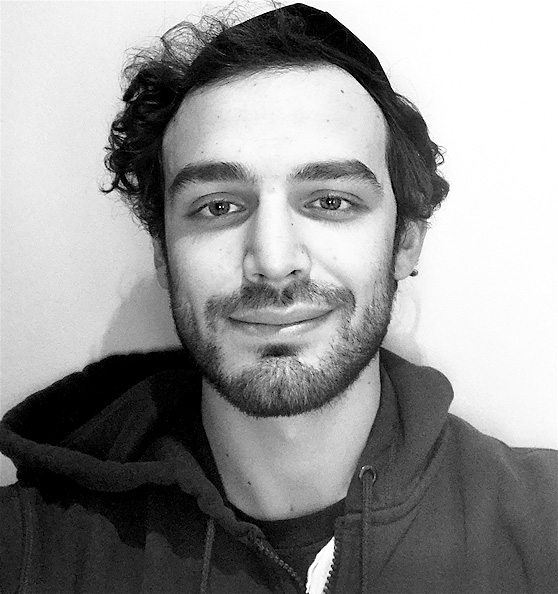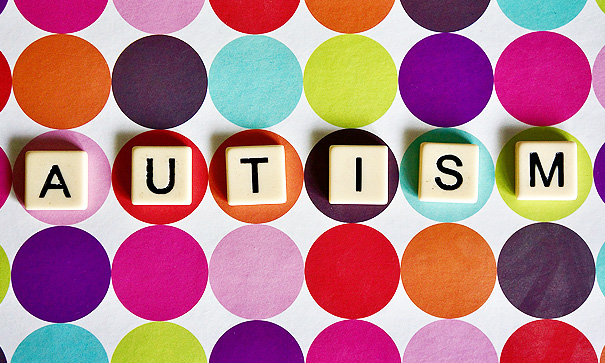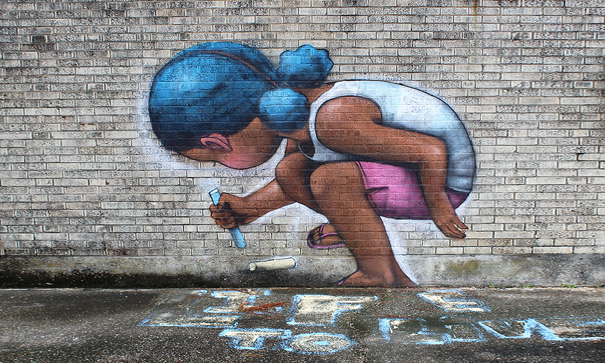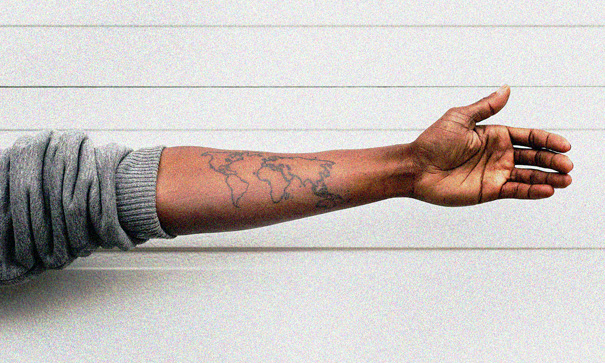 Noam Barkany:
Noam Barkany:
Trainee Integrative Counsellor (BACP student member)
Hi, I’m Noam Barkany. Born and raised in North London, I began studying a Counselling BSc at the University of East London (UEL).
The UEL training course involves lots of different ways of looking at humanity, psychology and therapy and it’s in this broadly pluralistic vein that I have been interacting with clients.
That means that I value you as a person, not a bunch of symptoms, and therefore seek to be open to you and what you want or need out of therapy in a way that is fundamentally affirming, and tailored to your specific situation. I’d try and be open and honest about what I know, and how I’m working and seek to work together with you to get the most out of it.
Beyond the professional aspect, therapy is also an evolving conversation and in the unfolding narrative you bring to sessions, I hope that you will find a platform for finding meaning, direction and courage to face the challenges in your life.
Studies consistently show the importance of the client-therapist relationship in predicting positive therapeutic outcomes, and I therefore aim to approach the relationship in a personal way that isn’t too distant and professional.
Having said that, I make sure professional boundaries according to BACP (British Association of Counselling and Psychotherapy) standards are well defined for your protection and safe engagement in the process.
Still in the early stages of my training, I haven’t developed a specific niche in which I am an ‘expert’, in that my therapy provision focuses on. But I philosophically also don’t believe expertise in a niche is necessary.
Part of life is dealing with the unknown, and accepting it as such, engaging the mystery of life with curiosity can be one of the most empowering processes of therapy. I expect mistakes, and ignorance, and find empowerment in the openness to what lies beyond the borders of my assumptive world. Within a multicultural and ever-developing societal context, this curiosity underpins my approach and the fundamental respect I hold towards everyone from all walks of life.
In more official therapeutic language, the main styles I have studied include Person-Centered, Cognitive-Behavioural, Psychodynamic, Existential and
Integrative therapies, each style having influenced an aspect of my approach.
Person-centred theory guides the relational style I endeavour to embody in therapy, characterised by an empathic and authentic stance filled with basic regard for a client’s self-building capacity.
The Cognitive-Behavioural style lends me perspective on the interaction between our thoughts emotions and behaviours, and how practical considerations and changes can contribute significantly to our lives.
Psychodynamic therapy, lends perspective on parts of our minds that we aren’t necessarily so comfortable with, but can quietly do their bit to keep us in the same cycles and perspectives, providing a way to become more self-aware and empathic.
Existential therapy clarifies some of the givens of life which when tackled head-on, can help position a person helpfully in relation to their lived experience of being in the world.
Finally, Integrative therapy represents the ongoing effort to combine the valuable insights provided by all theories in effective ways for each specific client.










































